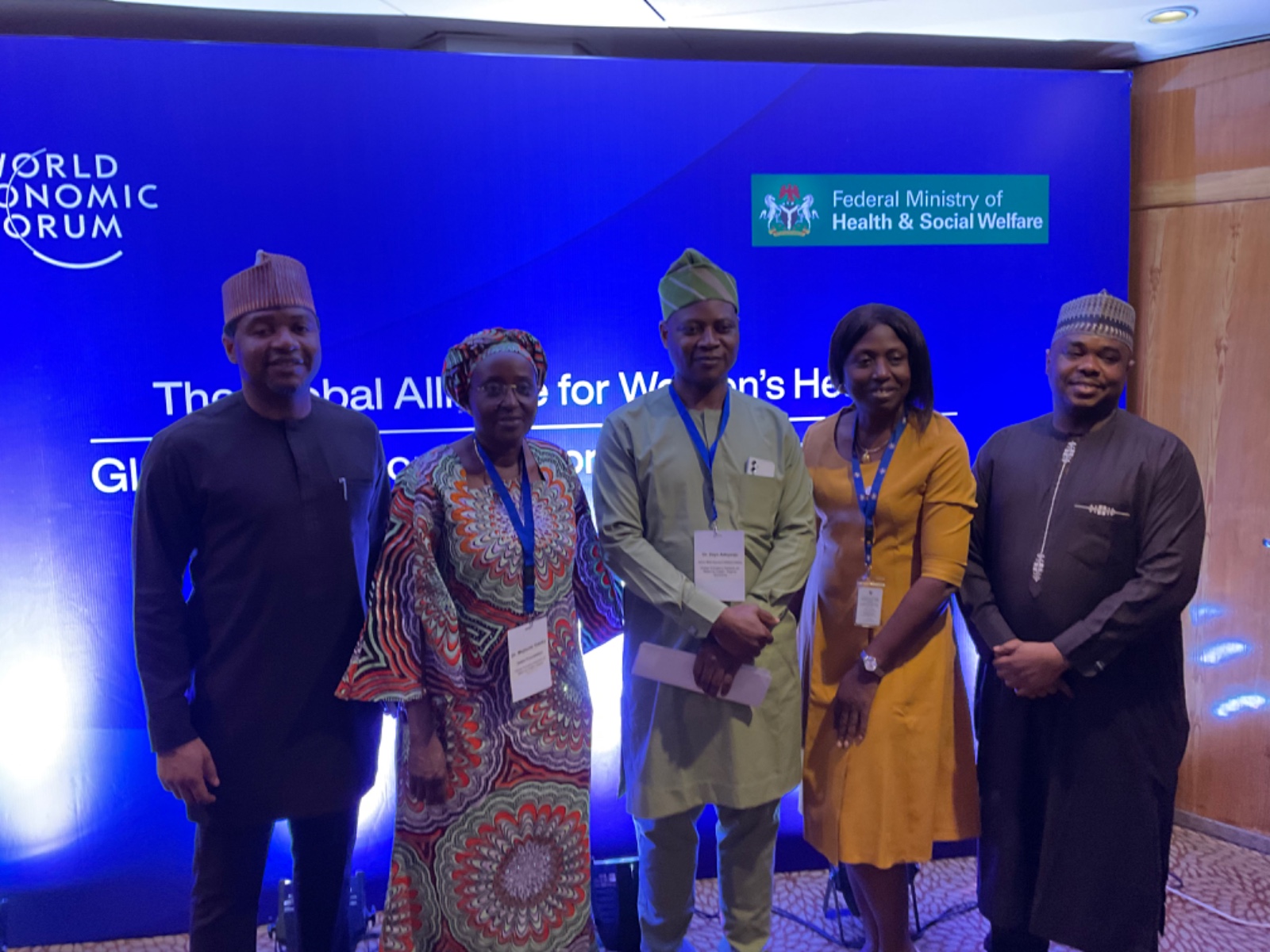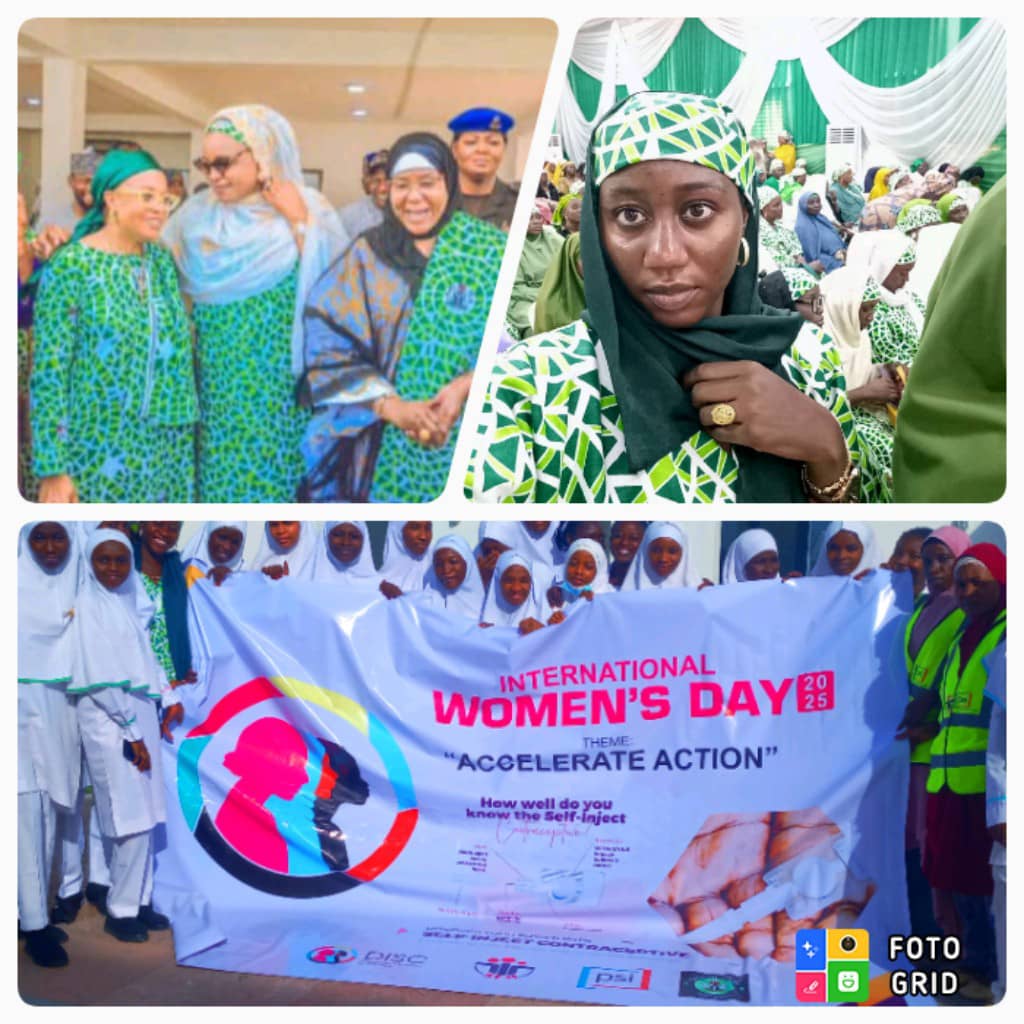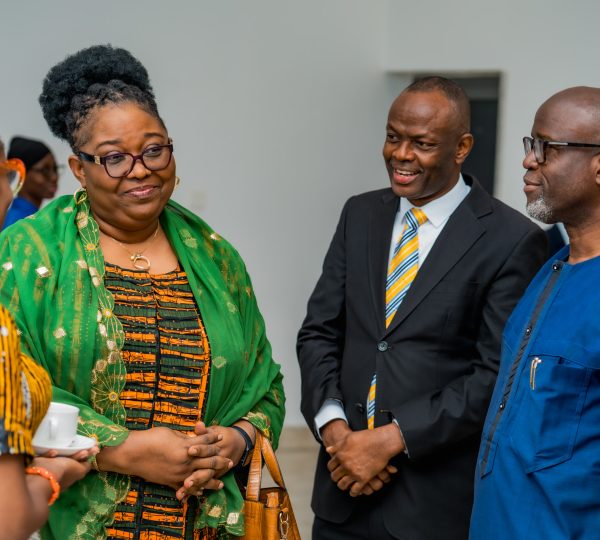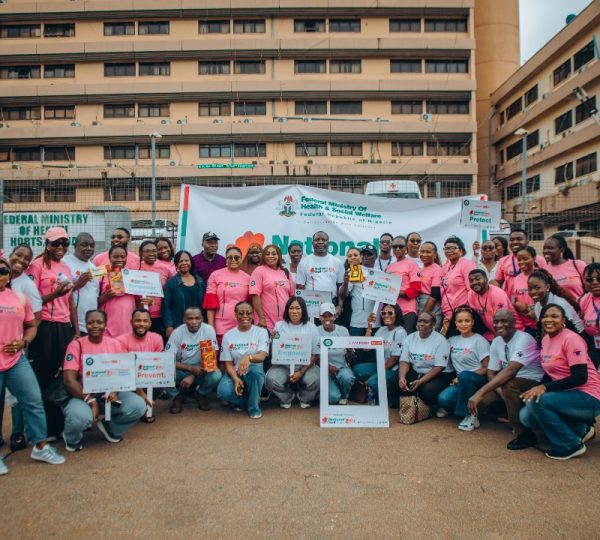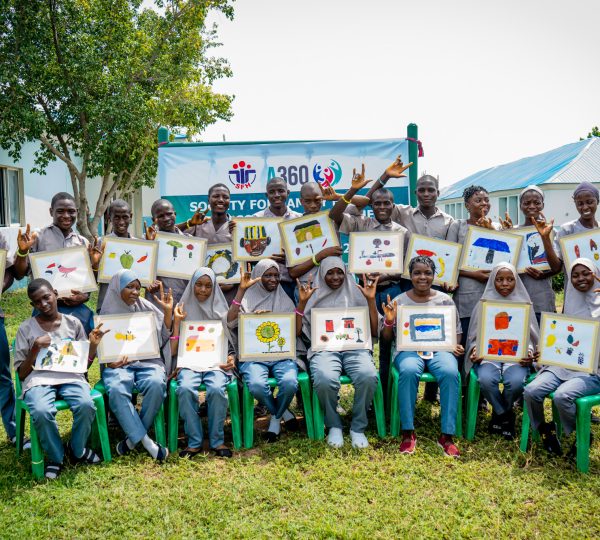News and Photo Stories Week 12

SFH IN THE NEWS
Bauchi First Lady Salutes Women’s Resilience in Nation-Building, SFH DISC Extols Women To Take Charge Of Reproductive Health
Sahel Report, 18 March 2025
As the world marks International Women’s Day, the DISC Project extols the incredible contributions of women in Bauchi State. The theme for this year, “Accelerate Action,” calls for bold steps towards faster progress and lasting change for women everywhere. In Bauchi, a critical area of focus is women’s health and access to reproductive healthcare.
In a separate interview, Asanato Joyce Isaac, Head of Demand Generation at the DISC Project, said that to address the issue of access, the DISC Project is promoting the use of DMPA-SC Self Injection.
Click here to read more
SFH ACTIVITIES
SFH Joins the Global Alliance for Women’s Health and the Global Activators Network on Maternal Health
As part of the effort of the Coordinating Minister of Health to reduce maternal mortality in Nigeria through the Maternal Mortality Reduction Innovation and Initiative (MAMII), the Federal Ministry of Health, in partnership with the World Economic Forum and the Global Alliance for Women’s Health, hosted a scoping event on 18th and 19th March 2025 of the Global Activators Network on Maternal Health. The objectives of the event, among others, were to identify unique challenges and opportunities, barriers and enablers, best practices, and available solutions for improving the quality of care and health outcomes in maternal health in Nigeria.
At the end of the event, priority areas for maternal health interventions in Nigeria have been defined to shape the next phase through public-private-philanthropic collaboration and implementation. In-country relationships, partnerships, and collaboration for maternal health initiatives strengthened in the form of task forces/activators to drive collaborative problem-solving efforts and action for impact. The event closed with a collective resolve for all stakeholders to rally around and provide support for the full implementation of MAMII, especially at sub-national levels. SFH is excited to be part of the Global Activators Network for Maternal Health and will collaborate with the network through our existing interventions to accelerate UHC, continue improving the skills of available human resources for health, leverage technology to expand access to critical life-saving maternal and child health interventions, as well as deepen our technical assistance and advocacy at sub-national to support full implementation of MAMII.
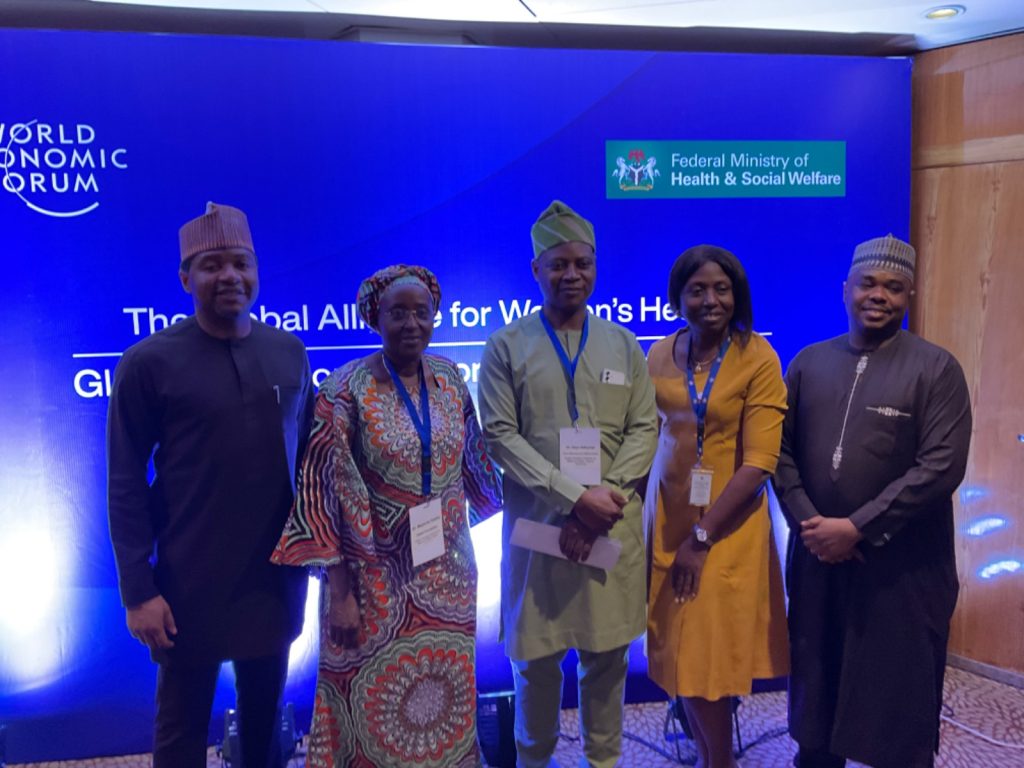
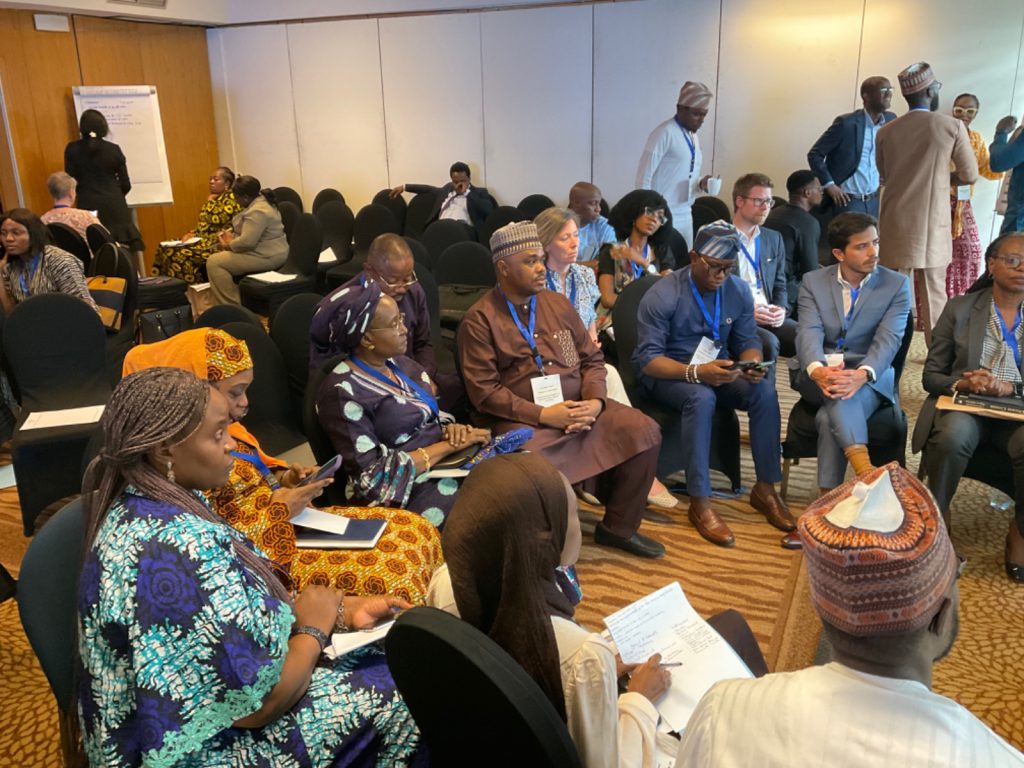
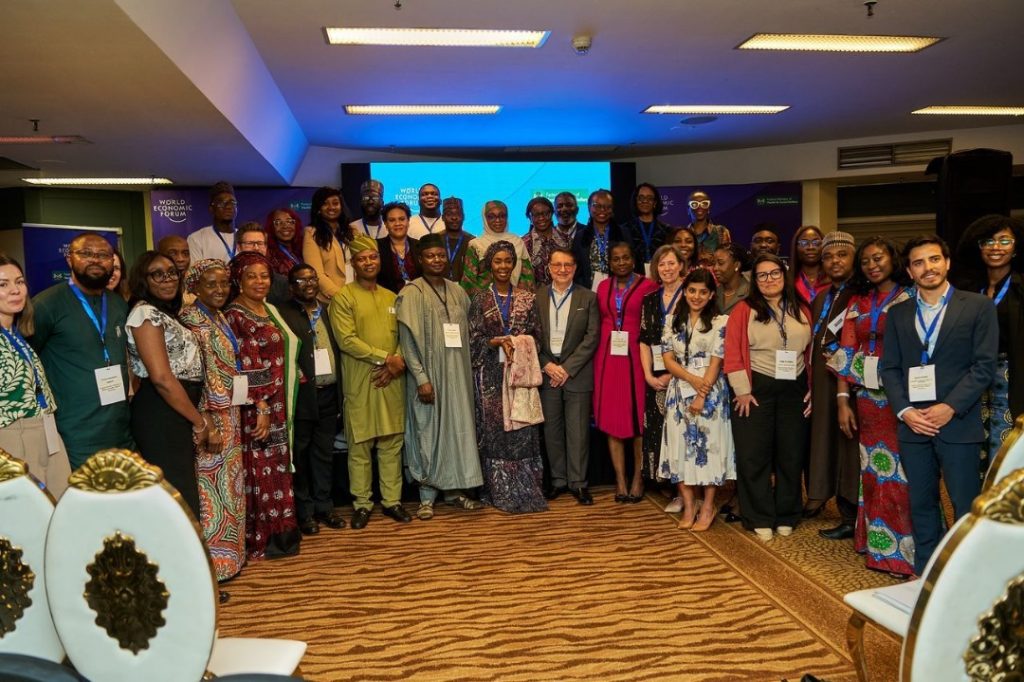
SFH participates in the MAMII implementation workshop in Bauchi and Ogun States
The Implementation Design Workshop for the Maternal & Neonatal Mortality Reduction Innovation Initiative (MAMII) was recently held in Bauchi and Ogun States, bringing together key stakeholders to develop a structured implementation plan for improving maternal and neonatal health. Discussions highlighted major challenges, including high maternal and neonatal mortality rates, low antenatal/postnatal care attendance, poor healthcare infrastructure, and limited skilled healthcare workers, particularly in rural areas. The workshop aimed to address these gaps by strengthening community engagement, improving healthcare service delivery, leveraging technology, and enhancing policy and financing mechanisms. Key strategies developed during the workshop included community-based advocacy, training healthcare providers, equipping primary healthcare centres (PHCs), introducing mobile health (mHealth) solutions, and establishing a robust referral system for emergency obstetric and neonatal care.
Emphasis was placed on multi-sectoral collaboration, policy improvements, and securing sustainable financing through performance-based models. The workshop also identified cultural barriers, inadequate funding, and weak referral systems as critical challenges, with proposed solutions focusing on community sensitisation, digital health innovations, and increased government investment in maternal health services. As next steps, the MAMII Task Force was inaugurated, with SFH included in the State Task Force to oversee the implementation and ensure accountability. The roadmap prioritises short-term actions like sensitisation campaigns and healthcare worker training, medium-term interventions such as deploying mHealth solutions, and long-term goals like institutionalising performance-based financing and expanding telemedicine. With strong stakeholder commitment and continuous monitoring, the initiative aims to significantly reduce maternal and neonatal mortality in Bauchi and Ogun States.
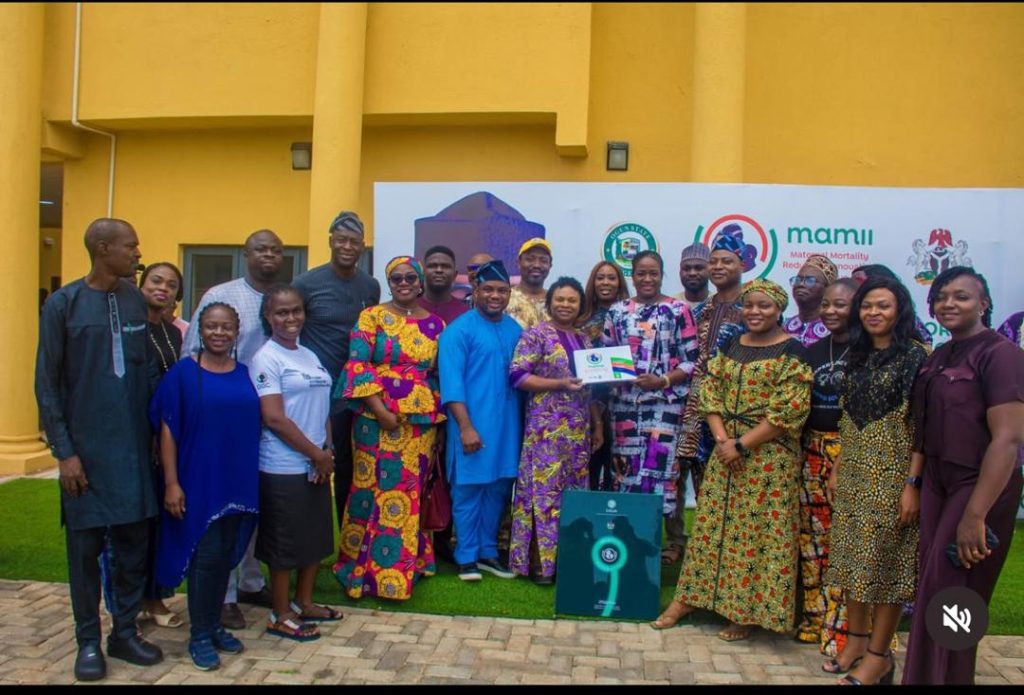
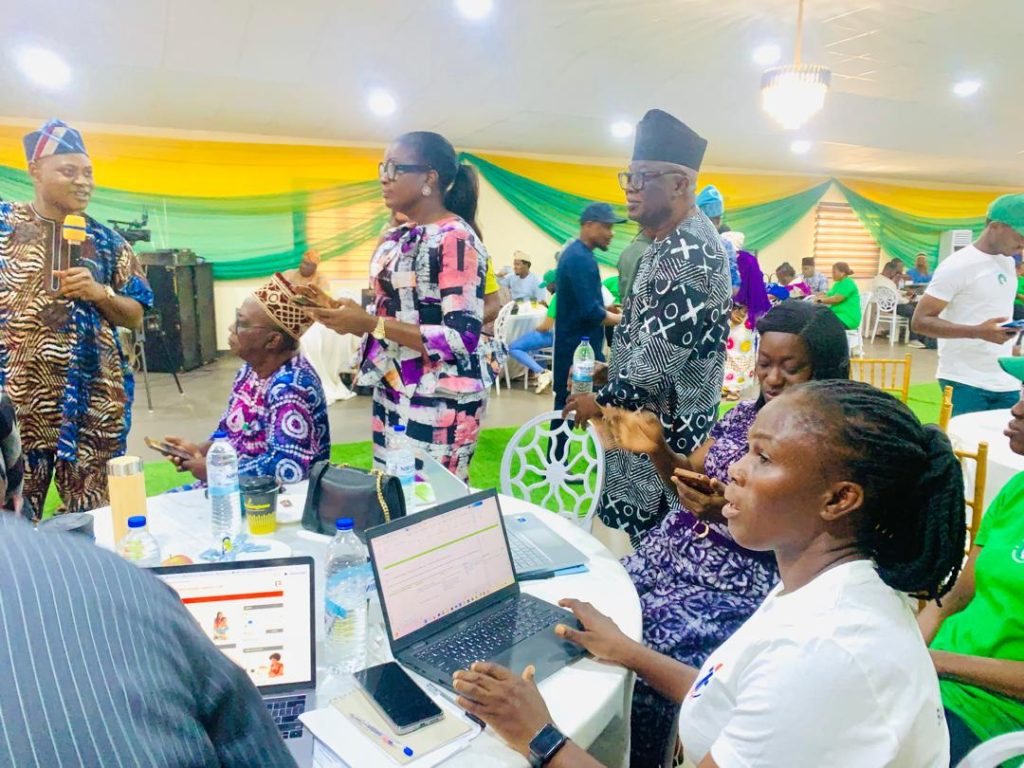
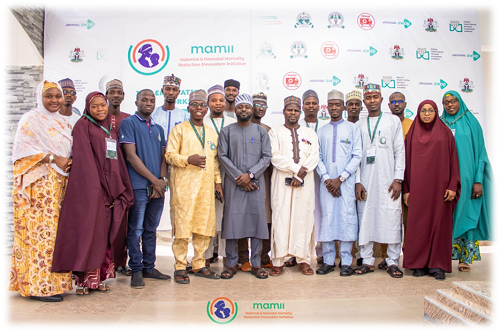
SFH holds STAR-C Project and Kaduna State 2025–2028 HIV/AIDS Strategic Development Plan Inception Meeting and Co-creation workshop
The Strengthening Adolescent Living with HIV (ALHIV) Resilience within Communities and Retention in Care (STAR-C) Project organised a one-day stakeholders’ meeting and a two-day co-creation workshop, convening key representatives from the State Ministry of Health, implementing partners, community-based organisations (CBOs), religious, traditional, and community leaders. Discussions centred on defining stakeholder roles, fostering collaboration, and developing actionable strategies for community mobilisation, healthcare service delivery, and adolescent empowerment. In her opening remarks, Dr Aishatu Abubakar Sadiq, Permanent Secretary, Kaduna State Ministry of Health, stressed the importance of a multi-sectoral approach to addressing adolescent HIV challenges. She underscored the role of community-driven solutions in improving retention in care and strengthening support systems. She also reaffirmed the State Ministry of Health’s commitment to partnering with stakeholders for effective project implementation. Pharm. Kene Eruchalu, Deputy Managing Director, Programme Delivery, Society for Family Health (SFH), highlighted SFH’s longstanding presence in Kaduna State since 1993 and its continued commitment to public health. He emphasised the importance of leveraging lessons learned from previous and ongoing projects to optimise the STAR-C initiative. He noted that SFH’s experience in community engagement and healthcare service delivery would be crucial in ensuring adolescent retention in care.
Aisha Dadi, Project Director, Paediatric and Adolescent Programme, SFH, provided an overview of the STAR-C Project, which aims to improve HIV care retention among adolescents by addressing challenges such as stigma, poor health-seeking behaviours, and limited adolescent-friendly services. The project creates safe spaces for psychosocial support, peer-led initiatives, and sexual and reproductive health services, particularly for young mothers and pregnant adolescents. It also strengthens caregiver support, enhances disclosure processes, and equips families with essential skills for emotional and psychological support. Additionally, STAR-C engages religious and traditional leaders in advocacy efforts to reduce stigma and discrimination. During the meeting, stakeholders shared their perspectives and experiences on resilience and retention in care, with contributions from adolescents living with HIV, caregivers and parents, healthcare providers, and community leaders. Their insights provided valuable context for refining intervention strategies and ensuring that the STAR-C project effectively addresses the needs of adolescents. Presentations were also made by Mrs Virginia Bognet, Deputy Director, Treatment and Care, of the State Agency for the Control of AIDS (SACA), on the roles and responsibilities of stakeholders in ensuring the project’s success, ensuring that the state government takes the driver’s seat in the implementation of this project. The meeting concluded with a strong commitment from stakeholders to collaborate with the project team in implementing action plans that enhance community mobilisation, improve healthcare service delivery, and empower adolescents living with HIV. The state leveraged the STAR-C stakeholders’ engagement to conduct an inception meeting for the Kaduna State HIV/AIDS Strategic Plan (2025–2029). The STAR-C project is well-positioned to significantly impact adolescent HIV care and support in Kaduna State.
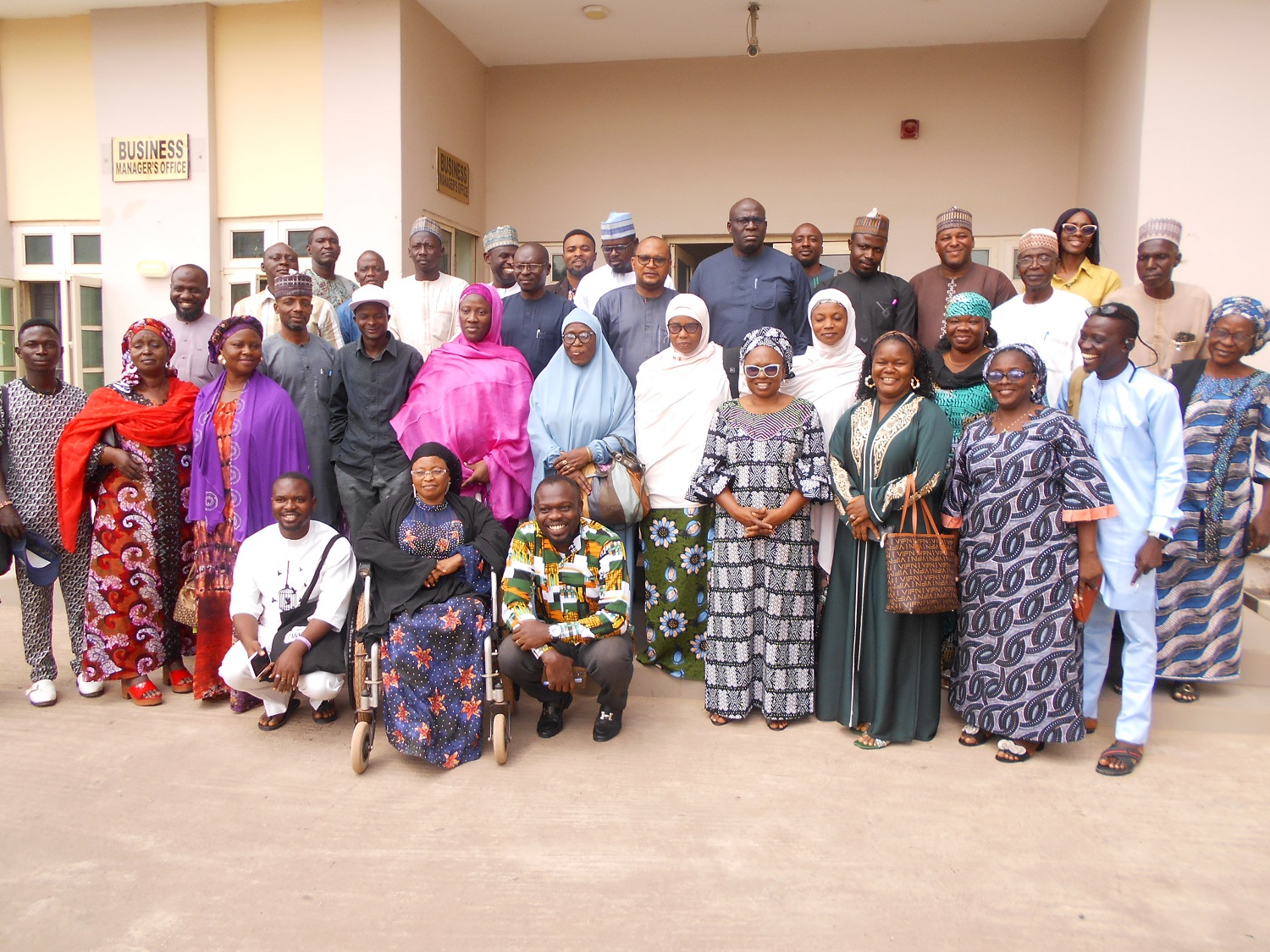
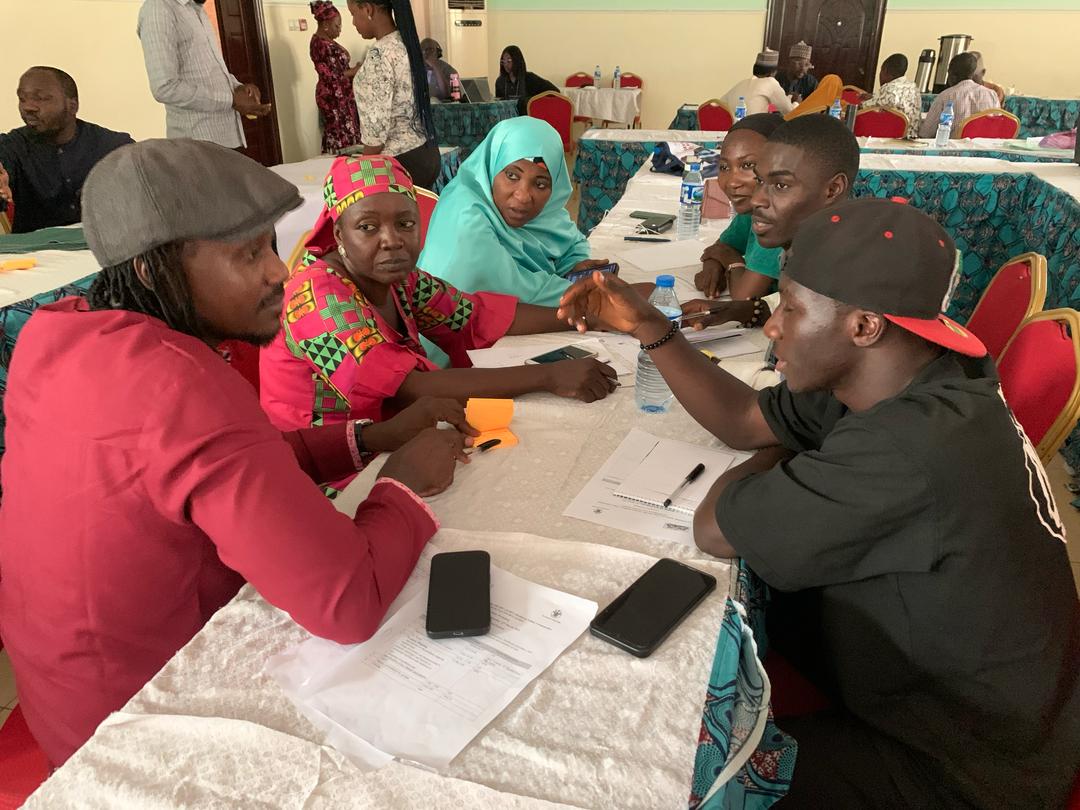
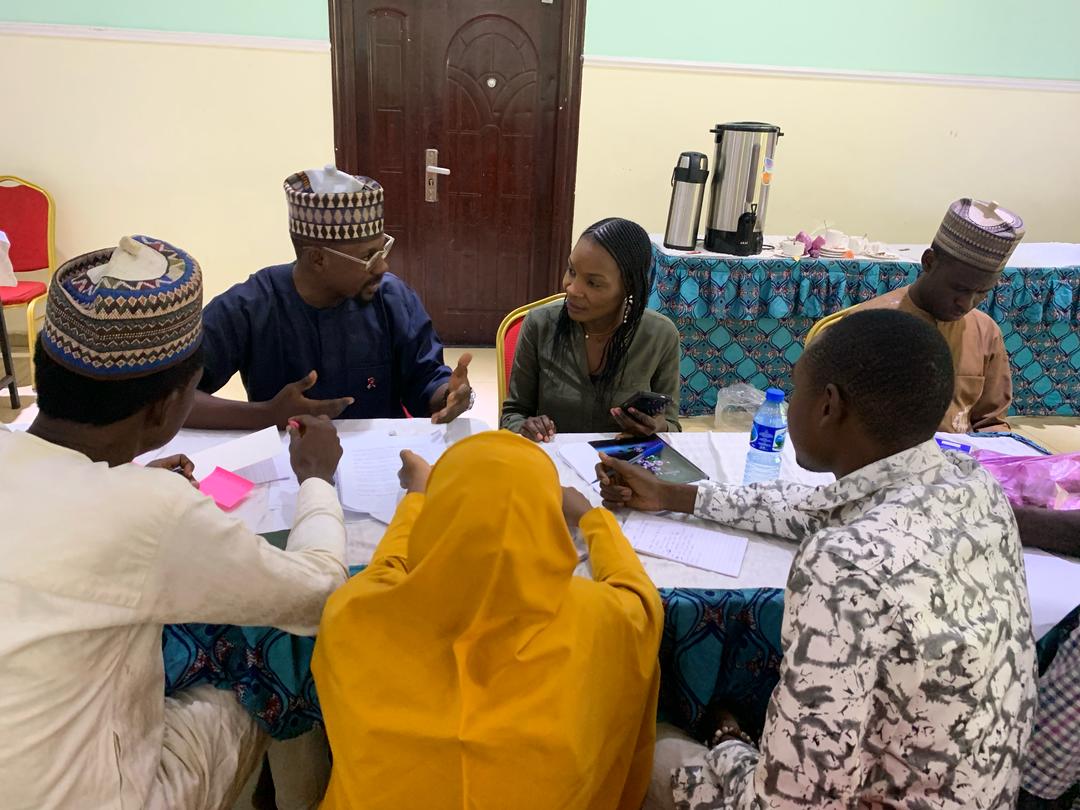
IPAYP Kwara Trains Educators on Trauma-Sensitive and Inclusive Learning Techniques
In a bid to enhance the capacity of educators in supporting adolescents and young persons (AYPs) affected by trauma, the Infants, Paediatrics, Adolescent and Young Persons (IPAYP) Kwara, under the GF NTHRIP GC7 project, organised a three-day training on Youth-Friendly Trauma-Sensitive Practices and Inclusive Learning Environment Management Techniques. Held from March 10th to 12th, 2025, at Wingate Hotel, Ilorin, the training aimed to equip teachers and vocational instructors with skills to identify and respond to behavioural manifestations of childhood trauma in a youth-friendly manner within learning environments. Adolescents and young persons, particularly those living with HIV or who have lost one or both parents to HIV-related causes, often experience significant trauma. This trauma can manifest in negative behaviours that affect their physical and mental well-being, decision-making abilities, and long-term health and educational outcomes. If not properly addressed, these challenges can lead to poor HIV treatment adherence, negative health consequences, and unfulfilled life goals.
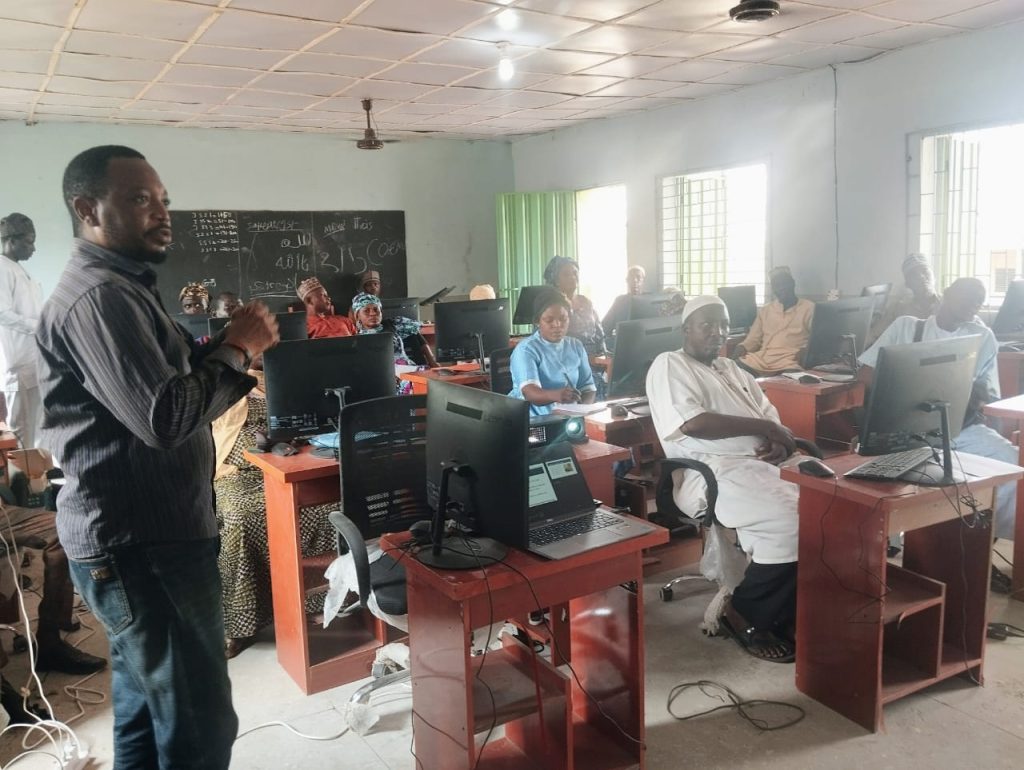
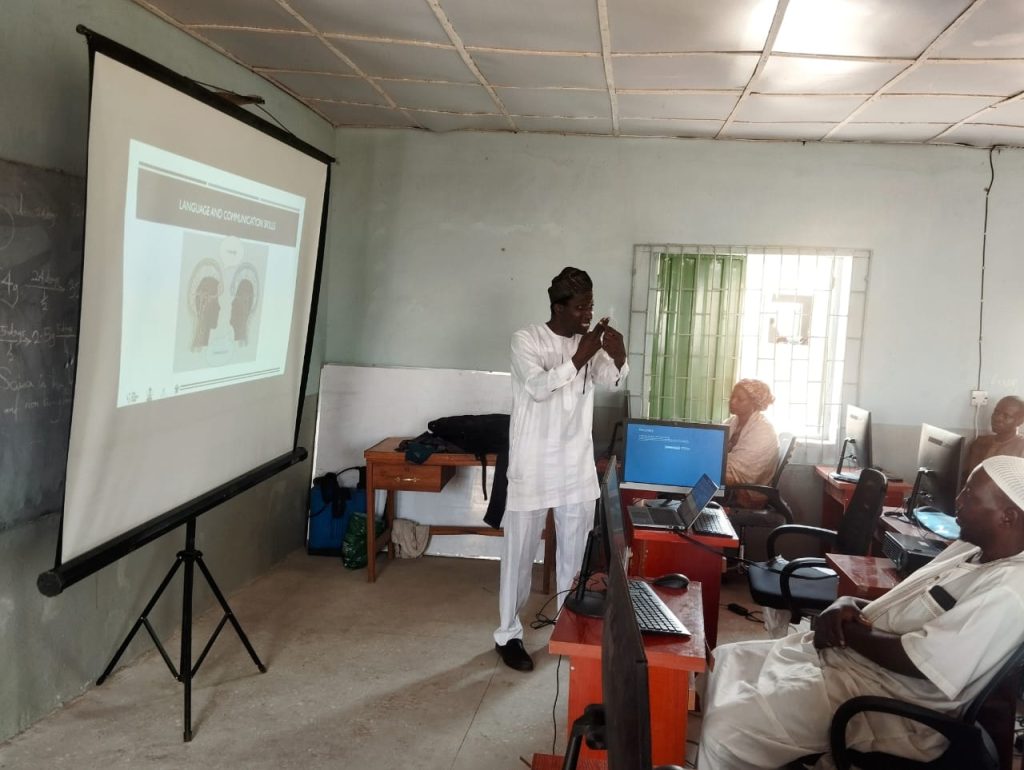
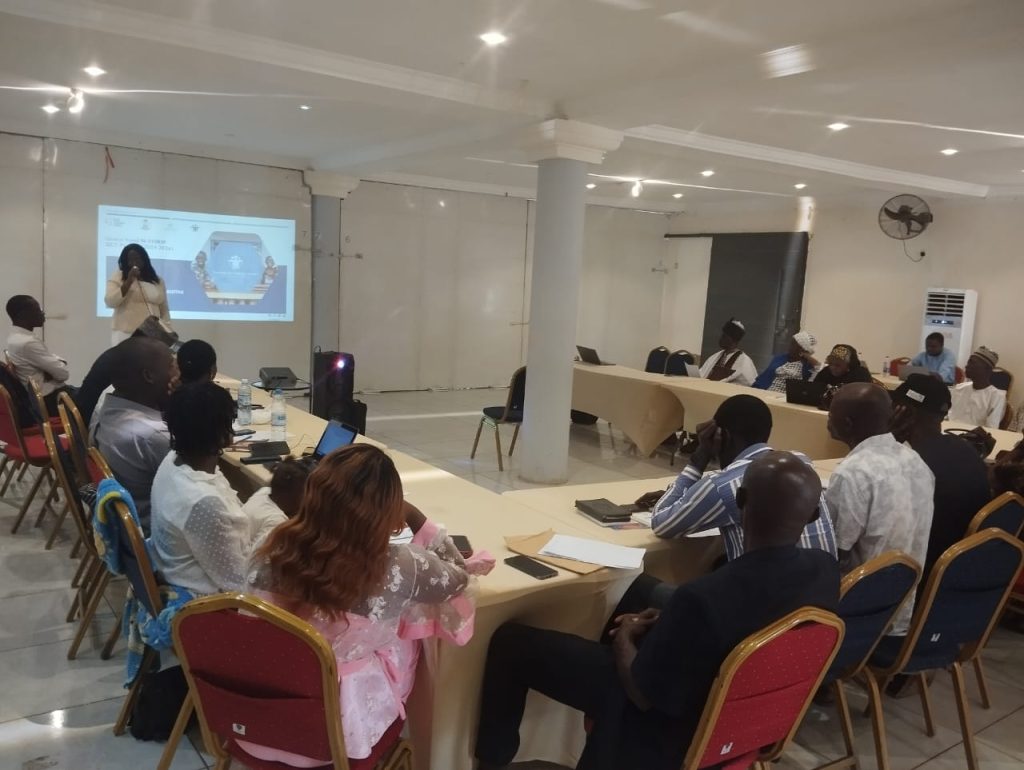
SFH W4HL holds dissemination meeting and advocacy visits in Edo State
With the completion of the WASH for Healthy Lives (W4HL) project (Phase 3), it became necessary to hold a dissemination meeting to bring together stakeholders and discuss the methods, successes, and challenges recorded during this phase of the project. As part of the activities lined up for the dissemination meeting, advocacy visits were carried out to heads of key ministries within the state. Among the agencies and ministries visited were the Edo State Primary Health Care Development Agency, Ministry of Water Resources and Energy, Ministry of Health, Ministry of Education, and the Edo State Universal Basic Education Board (SUBEB). While on these visits, the team had the privilege of discussing directly with the Honorable Commissioner, Ministry of Water Resources, Hon. Barr. Washington Osifo (PhD), the Honorable Commissioner, Ministry of Health, Dr Cyril Adams Oshiomole, and the Executive Chairman SUBEB, Barrister Mrs. Onomen Goodness Briggs. The Permanent Secretaries at the Ministries of Health and Water Resources and other directors were also present.
All stakeholders expressed their satisfaction with the work done so far and pledged their support in the next phase of the W4HL project in the state. At the Primary Health Care Development Agency, the team was informed that an emergency WASH response was needed at Owan East LGA as they were experiencing flooding in the area. The dissemination meeting was held on the 12th of March 2025 at the Prenox Hotel, Benin City, Edo State. This meeting was organised to bring all stakeholders together for two major reasons: showcase the achievements of the W4HL phase 3 project and give insights into phase 4 of the W4HL project. The Director of Public Health, State Ministry of Health gave a breakdown of the state of waterborne diseases, especially cholera, in the state in 2024. It was noted that 67 suspected cases of cholera were recorded across all 18 local government areas, 9 of these cases were confirmed cases, but no deaths were recorded. The meeting was an insightful one, which ended with attendees being divided into three (3) groups to discuss key criteria to aid in the selection of implementation communities for phase 4 of the project.
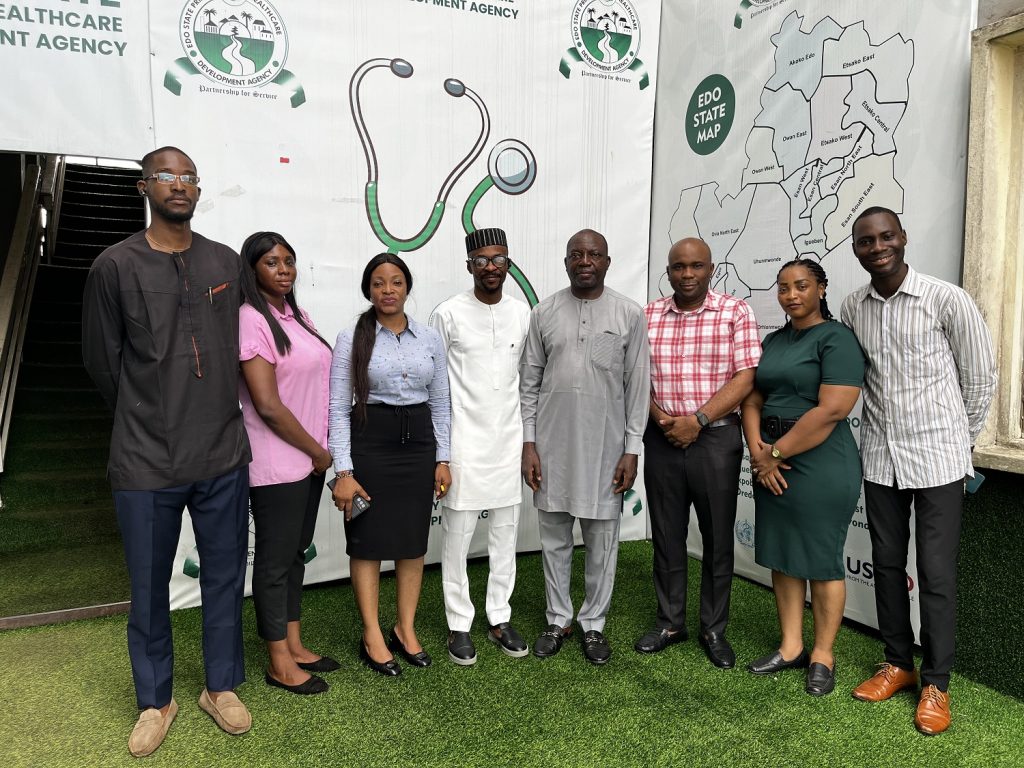
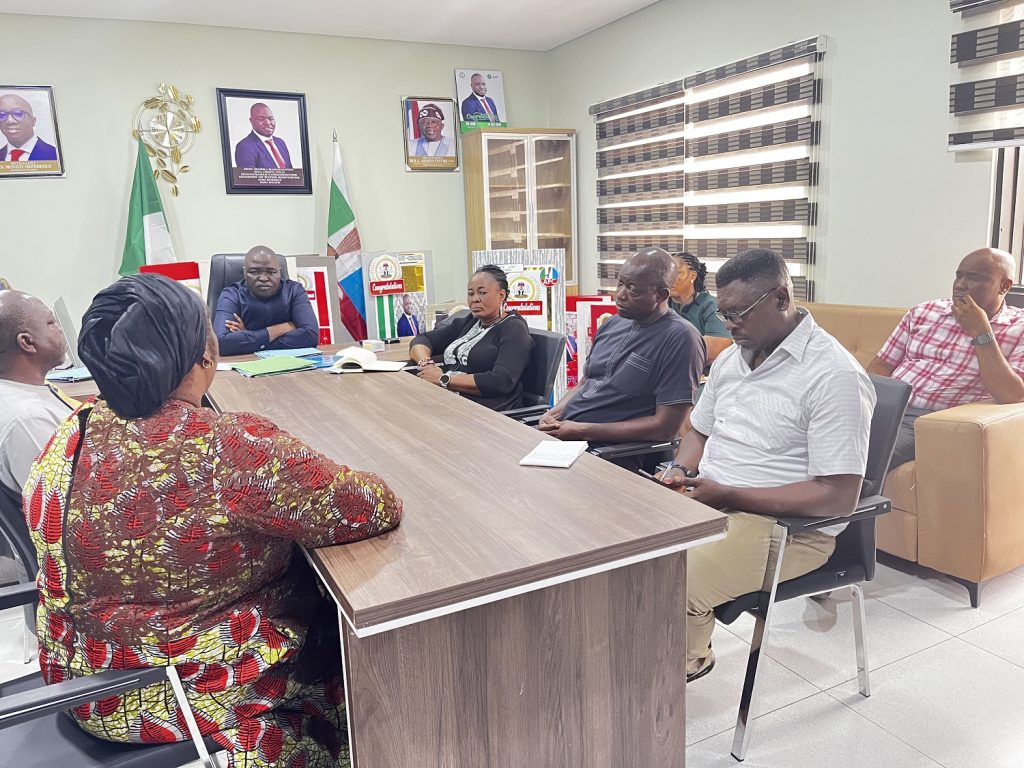
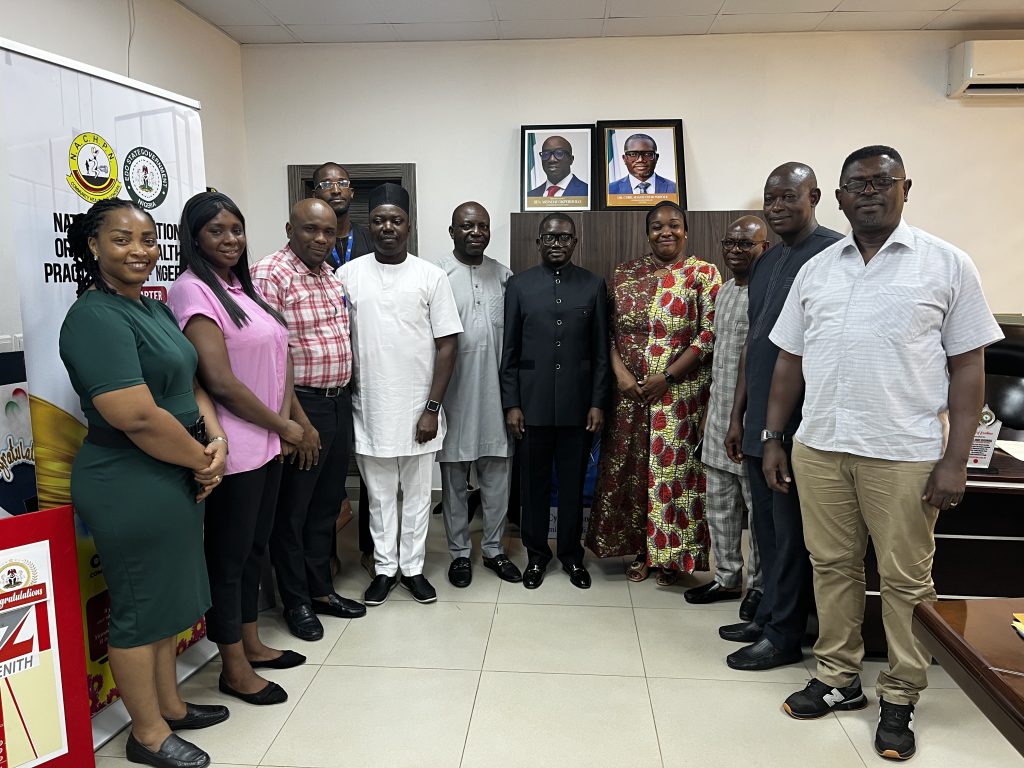
SWIFT Project holds Stakeholders’ Inception Meeting in Kaduna State
The Supporting Women Increased Access to Family Planning Through Pharmacies and PPMVs (SWIFT) project recently conducted a stakeholders’ inception meeting in Kaduna State, bringing together over 120 key stakeholders. The meeting provided a platform to discuss the project’s strategic direction, anticipated impact, and opportunities for collaboration to drive sustainable healthcare solutions. Among the high-level attendees were the Permanent Secretary of the Kaduna State Ministry of Health, Assistant Chief Enterprise Officer at SMEDAN, Mr. Mubarak Sani; Director of Administration and Finance at the Bureau for Business Innovation and Technology, Alh. Mahmud B. Mahmud; Managing Director of Kaduna State Enterprise Development Agency (KADEDA), Iliya Anthony Timbok; Chairman of the Pharmaceutical Society of Nigeria (PSN) Kaduna, Pharmacist Sunday Okoh; Gates Foundation representative, Dr Anthony Shamar; and Pharmacist Fatima Piyo from the Pharmacy Council of Nigeria (PCN). Other participants included representatives from financial institutions, Kaduna State University, ACPN, NAPPMED, Ministries, Departments, and Agencies (MDAs), as well as trained female PPMVs and other key stakeholders. The meeting aimed to outline the SWIFT initiative’s strategies and expected outcomes, foster strategic partnerships to enhance project implementation, and explore collaborative opportunities to ensure long-term, sustainable healthcare solutions. In her welcome address, the Permanent Secretary of the Ministry of Health recognised SWIFT’s role in strengthening socio-economic empowerment and enhancing the capacity of women in the state. Representing the Managing Director of the Society for Family Health (SFH), Deputy Managing Director Pharm. Kene Eruchalu delivered the opening remarks, acknowledging the Kaduna State Government’s support for SFH initiatives.
He emphasised that the success of the IntegratE project laid the foundation for the development of the SWIFT project. In his keynote address, KADEDA Managing Director, Iliya Anthony Timbok, commended the SWIFT project’s strategic intervention, noting that it aligns with the state’s 5B Agenda to support small and medium-sized enterprises (SMEs). He reaffirmed KADEDA’s commitment to collaborating with private sector partners to create a robust ecosystem that ensures the project’s sustainability. Dr. Anthony Shamar, representing the Gates Foundation, stressed the importance of collaboration among stakeholders to improve family planning services across the state. Representatives from PCN, PSN, Kaduna State Contributory Health Management Agency, SMEDAN, NAPPMED, and the Bureau for Business Innovation and Technology also delivered goodwill messages, pledging their support for the project. During her presentation, SWIFT Programme Manager Ummi Shehu presented the strategic pillars for strengthening SWIFT’s entrepreneurial model, which includes need-based support to enhance female PPMV capacity, investment readiness to ensure financial sustainability, strong market presence to improve service accessibility, technology-driven market access to leverage digital innovations and an ecosystem model and support network to foster long-term growth. She emphasised that these pillars will be instrumental in sustaining female-led pharmacy businesses, reinforcing the project’s long-term impact. The meeting concluded with the Permanent Secretary announcing the formation of a multi-technical committee to provide strategic oversight, guide project implementation, and ensure regulatory compliance. Stakeholders reaffirmed their commitment to the SWIFT project, recognising its transformative potential to expand access to family planning, empower women in the healthcare sector, and reduce maternal mortality in Kaduna State. The meeting set the stage for collaborative efforts that will drive systemic and lasting improvements in healthcare service delivery.
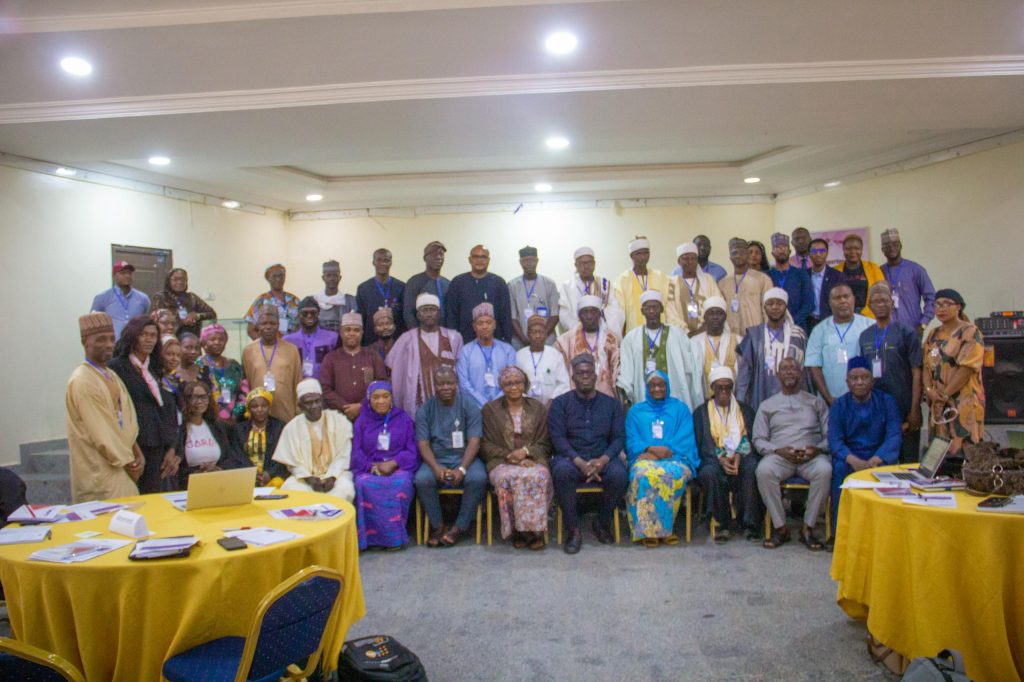
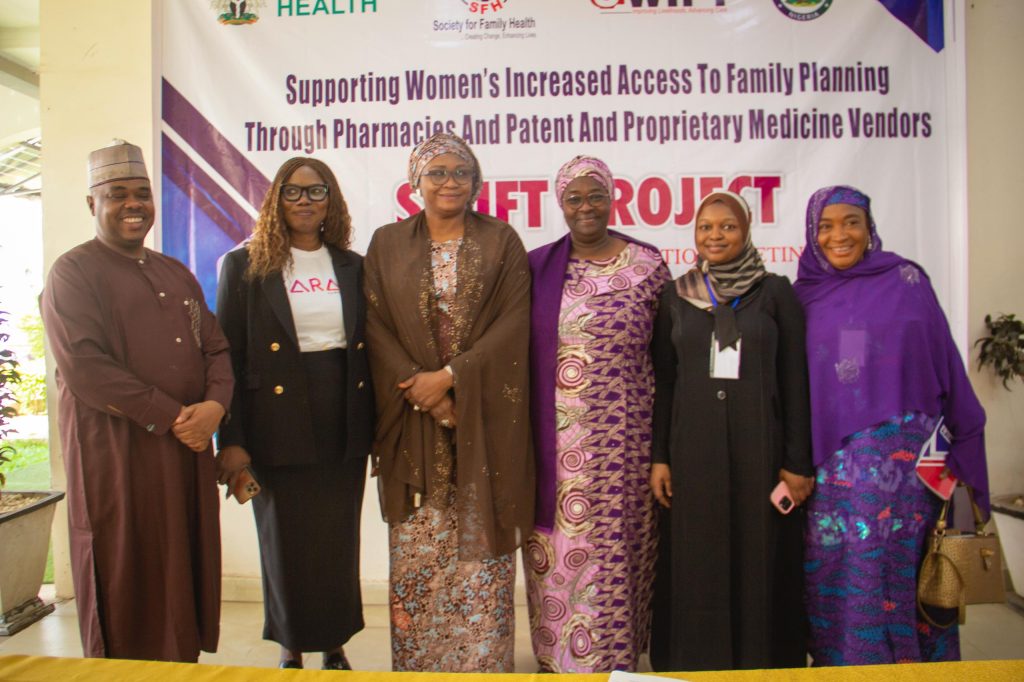
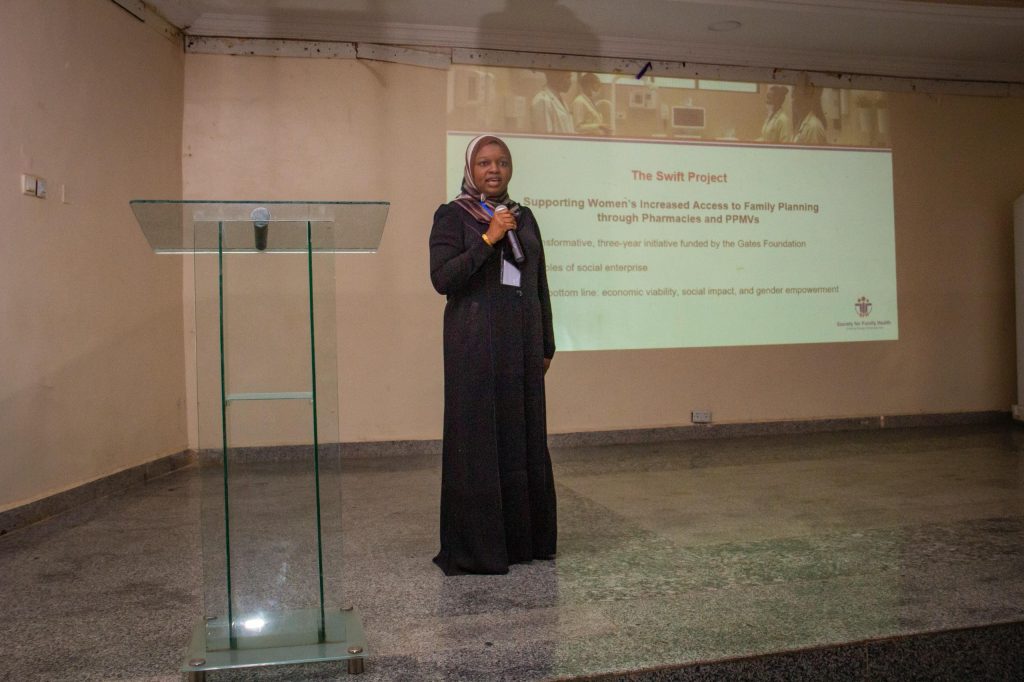
Nigeria’s healthcare system faces significant challenges, including a severe shortage of healthcare professionals, poor healthcare infrastructure, and limited access to quality medical services, especially in rural and underserved areas. However, advancements in digital health technologies, particularly telemedicine and e-pharmacy and the integration of artificial intelligence into these platforms have emerged as a potential game changer in bridging the healthcare gap.
Click here to read more.
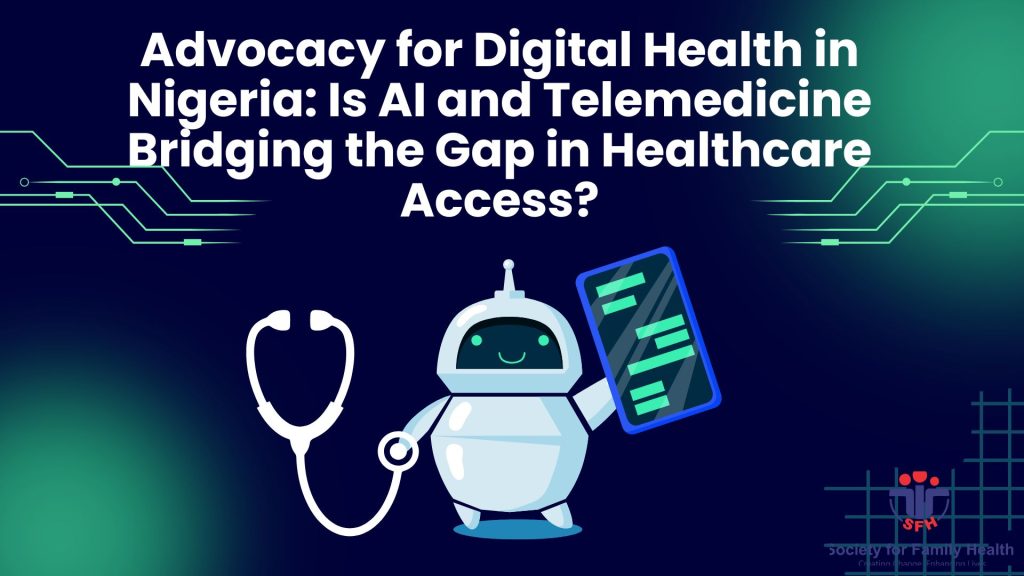

Introducing SFH Access Logistics – Your Partner for Seamless Delivery Across Nigeria
We are excited to announce the latest expansion of the SFH Access portfolio, SFH Access Logistics.
SFH Access Logistics is your trusted partner committed to delivering reliable, cost-effective, and timely logistics solutions across Nigeria. Our services include:
- Bulk haulage of commodities and assets nationwide.
- Last-Mile Deliveries of essential health commodities, ensuring timely access where it’s needed most.
- Transport and delivery of laboratory samples, ensuring safety and efficiency in handling sensitive materials.
By combining modern technology with local expertise, SFH Access Logistics will help businesses overcome logistics challenges seamlessly, supporting nationwide growth and impact.
Reach us via the contact below:
![]() Contact us at: +234 81 5554 0008
Contact us at: +234 81 5554 0008
![]() Email: logistics@sfhaccess.org
Email: logistics@sfhaccess.org
SFH Access Logistics, Your Dreams. Delivered.
In case you missed this groundbreaking moment!
Last year, we launched the SFH Innovation Hub—a space dedicated to transforming health solutions through research, technology, and partnerships. Relive the highlights and join us as we continue shaping the future of public health!
Watch key moments from the celebration of SFH at 40. Don’t forget to like and subscribe to our YouTube channel.
Weekly Quotes/Nuggets


